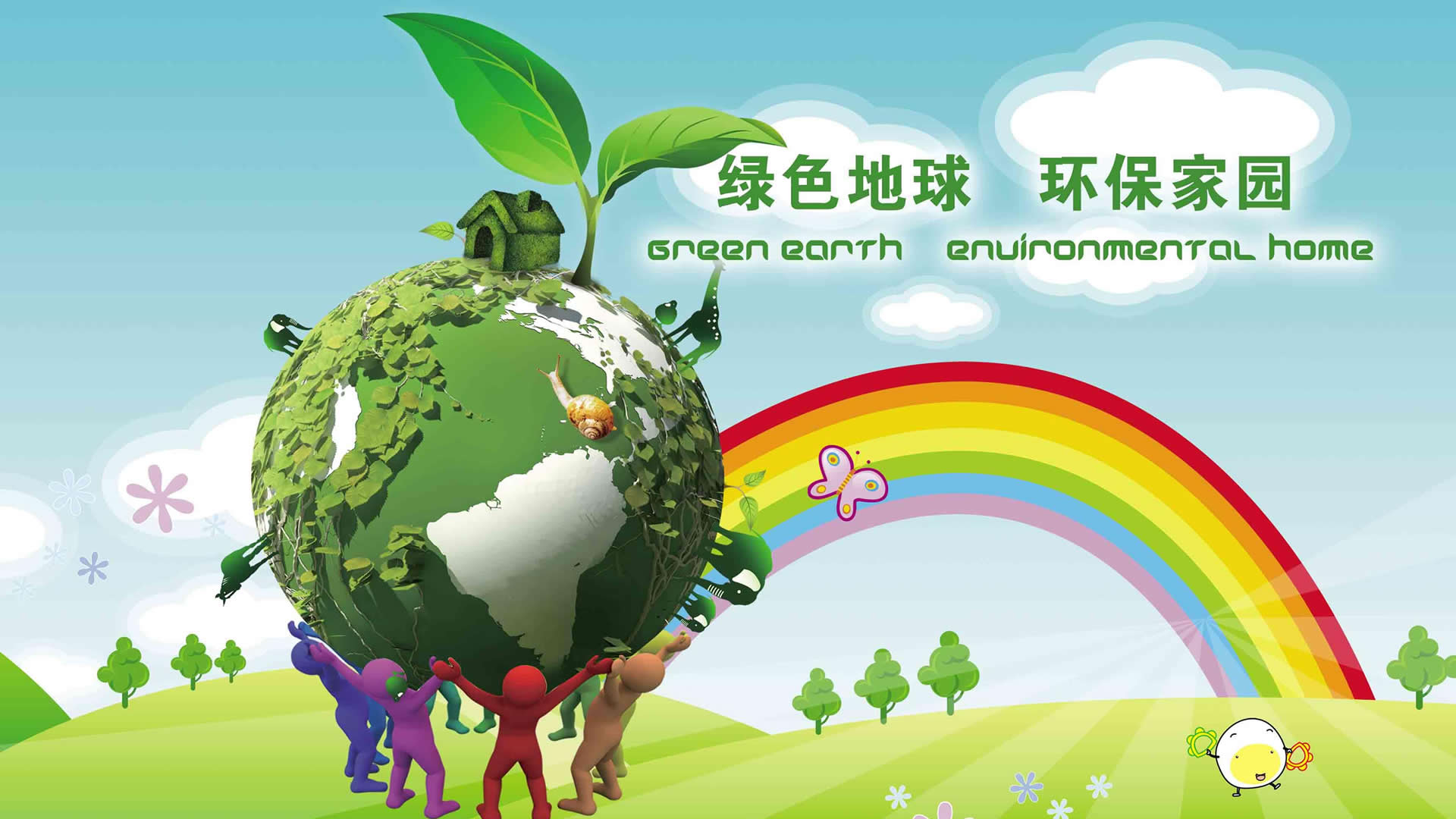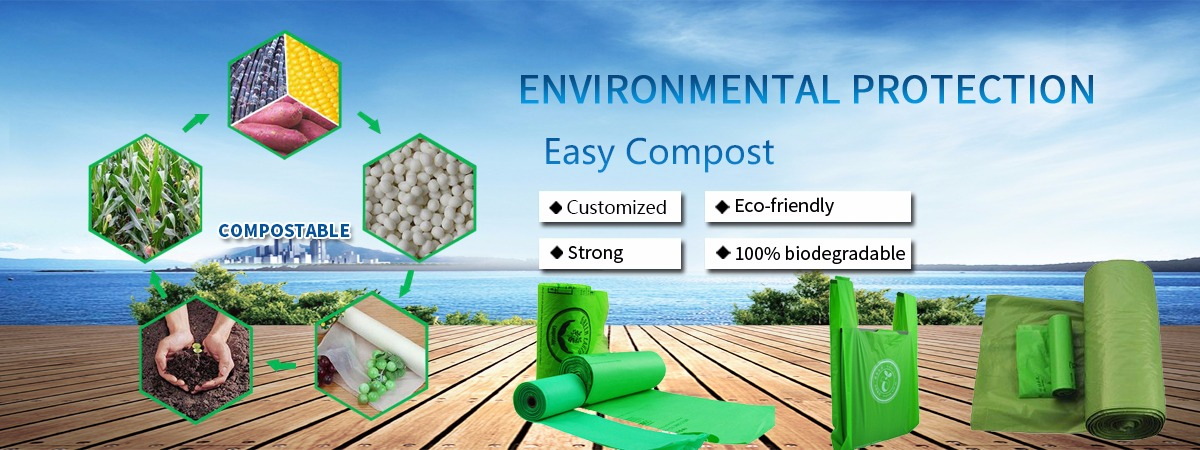Our Mission


How to solve the problem of plastics
Getting rid of plastics has traditionally been difficult. Conventional plastics do not break down easily and whilst several of the common plastics can be recycled back into themselves or recycled into other products, we still see significant volumes making their way into the environment.
It’s time to find a more sustainable substitute for plastic and look at a future with biodegradable plastic bags.
So, what is being done to combat this? The same science that has been used to create plastic is now also being used to assist with its disposal.
Let’s focus on just one area of this topic; plastic bags. Over recent times we have seen a number of core developments, designed to provide some relief to our environment and to assist us all in our quest to reduce waste and find safer alternatives to protect the environment.
Eco-friendly plastics can be categorised broadly into 3 areas:
- Recycled plastics: plastics made from recycled plastic materials rather than raw petrochemicals.
- Biodegradable plastics: made from traditional Petro-chemicals, but, using the wizardry of science, are engineered to break down in the environment over short periods of time.
- Bioplastics: made from natural materials such as bamboo, sugarcane, wheat straw, corn starch and maize etc
Here at SinoPack, we are increasingly being asked for eco-friendly products.
One solution we have been implementing through our network is to offer more biodegradable plastic bags. We are constantly offering new solutions for clients who wish to offer more eco-friendly options to their own clients.
Biodegradable plastics
Whilst not entirely new, or indeed the only option, there is one bag type which appears to be gaining traction in the marketplace as concerns for the environment grow. These are OXO- Biodegradable plastic tablewares, which have been making their way into many areas globally over the last several years.
These bags are traditional in their composition but through the “drop in” inclusion of a very small amount of a pro-degradant additive into the manufacturing process, the behaviour of ordinary plastic can be changed.
These catalysts, are specially formulated to re-engineer polyolefin polymers such as polyethylene and polypropylene (commonly used for plastic bag and tableware manufacture), to be converted from non-biodegradable polymers to “Oxo-biodegradable plastics”
Degradation begins with a chemical process (oxidation), followed by a biological break-down process. These processes begin after a pre-determined timeframe, essentially meaning that at the point of manufacture, the degree of additive inclusion allows a programmed service life to be in-built. The initial oxidation process subsequently begins when this programmed life has been reached and the product is no longer required.
Unlike normal plastics, Oxo Bio-degradable plastics do not just fragment. Bacteria and biological organisms take control of the degradation process after the additive has reduced the plastics molecular structure to a level suitable for the living micro-organisms to access the carbon and hydrogen produced, subsequently these bags and tablewares are “biodegradable.”
This process continues until the material has degraded to nothing more than CO2, water, and humus, which are totally assimilated back into the environment. This process does not leave any traces of the original polymer components used to build the bag in the first place.
Biodegradable and recyclable
Due to its unique final configuration, it is reported that oxo-biodegradable plastic bags can be broken down after only a matter of months if so desired. 2 – 5 years appears to be the emerging norm, but the scope of this form of eco-friendly production means the degradability of the products is primarily driven from the programmed service life defined at the point of manufacture, and of course the method of disposal or recycling.
One key point to note, is that oxo-biodegradable product bags can be recycled alongside other plastics through traditional recycling channels. This significant innovation also allows bags and other plastic products not captured through the recycling process, to degrade in the environment rather than accumulating and polluting for many years to come.
Whilst there are other forms of degradable and biodegradable plastic bags in circulation, centred on hydro-biodegradable and photo-biodegradable processes, oxo-biodegradable plastic structures are evolving as being increasingly economically priced, and arguably the least impactful across the environmental protection spectrum.
Bio Plastics
Unlike above plastics, the Bio Plastics are pury made from plant fibres, at current , mainly from Gramineous plants such as bamboo, sugarcane, maize, rice, wheat. And more, they can be from yam, potato.
SinoPack is such a producer who transform plants into bags, cutlery, tablewares.
Whilst some concessions and departures away from traditional aesthetics and structures may be required to get on board the eco-friendly caravan, options and new offerings to break away from these traditional ways are emerging quite quickly and becoming more price accessible.

